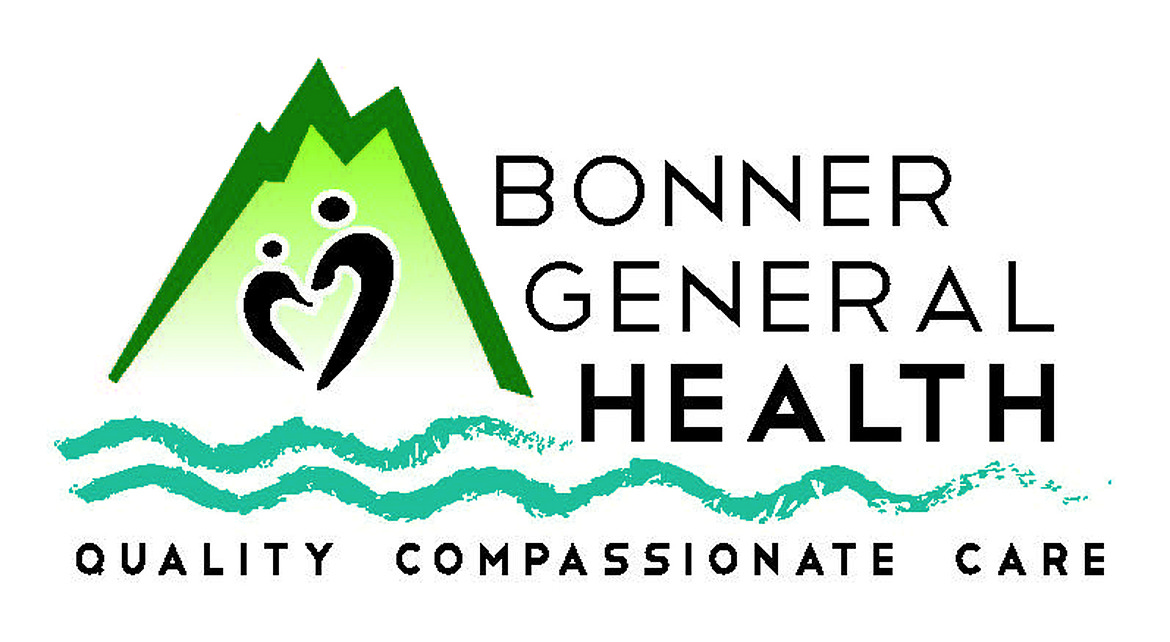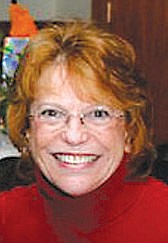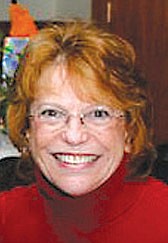Think of hospice as a way to live, not a way to die
My mother was a geriatric social worker who was the director of a senior center, a college-level educator, and a facilitator for a widow/widower support group. When she was told that the uterine cancer that was thought to be in remission had metastasized to her lungs, she decided against the arduous treatment and immediately called hospice.
On the advice of the hospice nurse, she let go of the idea of keeping her diagnosis a secret and told her children of her prognosis. Thanks to the hospice team, her pain was minimal, and she could continue to work in the field she loved.
I can’t recommend hospice enough. My mother’s team was in a different state. Still, since then, I’ve personally had two experiences with Bonner General Health Community Hospice, and, even though I’m a wordsmith, I can’t find enough superlatives for their services.
“Although our priority is the patient, our holistic approach involves caring for the whole family, the whole care team,” Tami Feyen, RN, manager of BGH Community Hospice, said in a recent conversation. “The entire team is so important.”
I asked Feyen why people are reluctant to call hospice. Her answer didn’t surprise me. “People say they aren’t ready to give up, that they’re just not quite ready yet. But we explain that it’s not about giving up; it’s about living life to the fullest. It’s about spending quality time with loved ones, doing the things they want to do, and putting things in order.”
A hospice team is made up of a medical director, physician, nurse practitioners, registered nurses, social workers, chaplains, and volunteers, all trained to care for the patient’s needs. These needs may include managing medications, financial issues, spiritual care, companionship, physical, occupational, or speech therapy, and bereavement counseling for loved ones. You will receive a physician’s referral to hospice when it’s estimated that you have less than a year to live.
Feyen told me about a current patient who has always enjoyed going to the casinos. Appointments for treatment, lab work, and doctor visits left him too fatigued to go any longer. But, since hospice care comes to his home and his medications are supervised correctly, he can conserve enough energy to go play.
“Being able to do things they want to do is important to these individuals. We help people make the choice to live life to the fullest,” she said.
The word “journey” came up several times during Feyen’s and my interview. All of us need to accept that no one lives forever and that as we age, develop terminal illnesses, or incur life-threatening injuries, our hopes for this journey include wanting it to be as pain-free as possible, not only for ourselves but for our loved ones. That’s what hospice does. It’s not giving up hope. It’s hoping for a peaceful transition.
It's important to note a few things you may not know. One is that hospice care is covered by Medicare, Medicaid, VA, and most insurance plans, so palliative care is covered, and there is usually no cost to the patient or their families. Another is that it’s not a binding commitment. If the patient decides to receive curative care, they can opt-out of the program.
Most care is given in the patient’s home. The patient will continue to take medications for their conditions and can be treated for unrelated illnesses and injuries. So, for instance, a diabetic patient would continue to take their blood sugar lowering drugs. When my mother developed pneumonia, she was given antibiotics.
There is no “giving up” when it comes to wanting to live the last months, weeks, or days of your life. Your hospice team will make a difference not only in your life but also in the lives of your loved ones. The experience will benefit your family for generations to come.
BGH Community Hospice is the only not-for-profit hospice in northern Idaho. Feyen said she is grateful to the hospital’s governing board for providing the opportunity to do this meaningful work. I’m grateful, too. You can reach hospice at 208-265-1179.
Kathy Hubbard is a member of the Bonner General Health Foundation Board. She can be reached at kathyleehubbard@yahoo.com.



